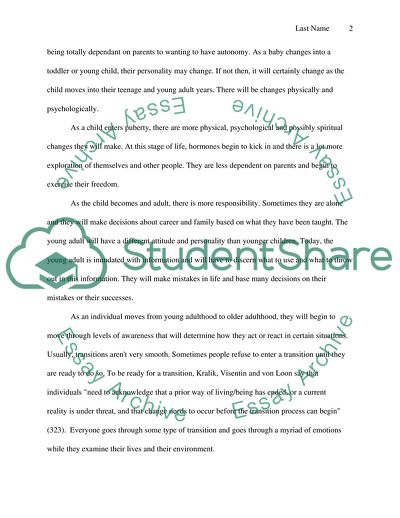Cite this document
(Exploring Transition and the Aging Process Coursework, n.d.)
Exploring Transition and the Aging Process Coursework. Retrieved from https://studentshare.org/health-sciences-medicine/1711691-key-concepts-in-nursing-and-life-transitions
Exploring Transition and the Aging Process Coursework. Retrieved from https://studentshare.org/health-sciences-medicine/1711691-key-concepts-in-nursing-and-life-transitions
(Exploring Transition and the Aging Process Coursework)
Exploring Transition and the Aging Process Coursework. https://studentshare.org/health-sciences-medicine/1711691-key-concepts-in-nursing-and-life-transitions.
Exploring Transition and the Aging Process Coursework. https://studentshare.org/health-sciences-medicine/1711691-key-concepts-in-nursing-and-life-transitions.
“Exploring Transition and the Aging Process Coursework”, n.d. https://studentshare.org/health-sciences-medicine/1711691-key-concepts-in-nursing-and-life-transitions.


